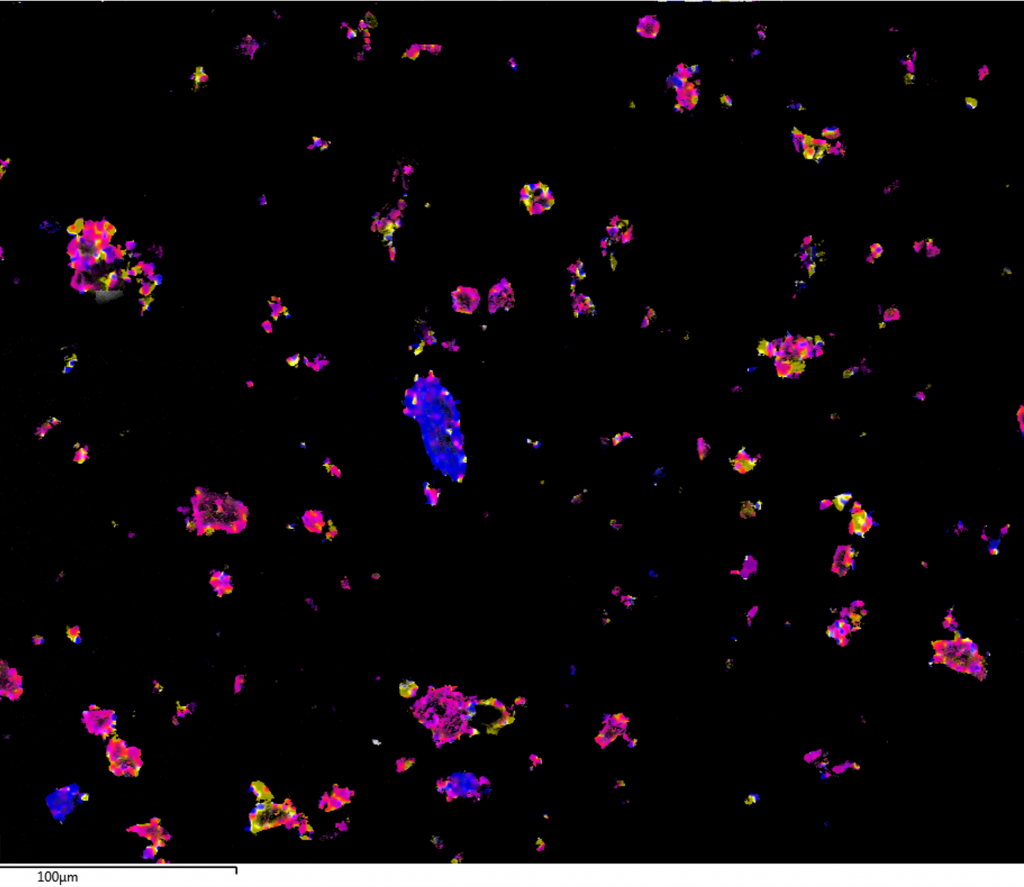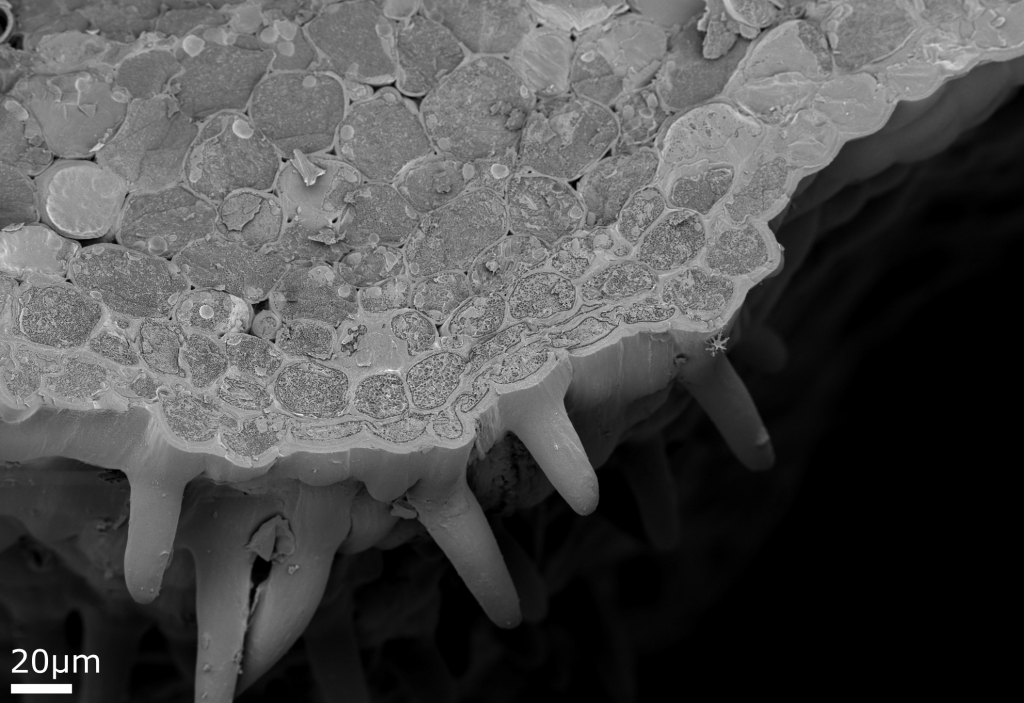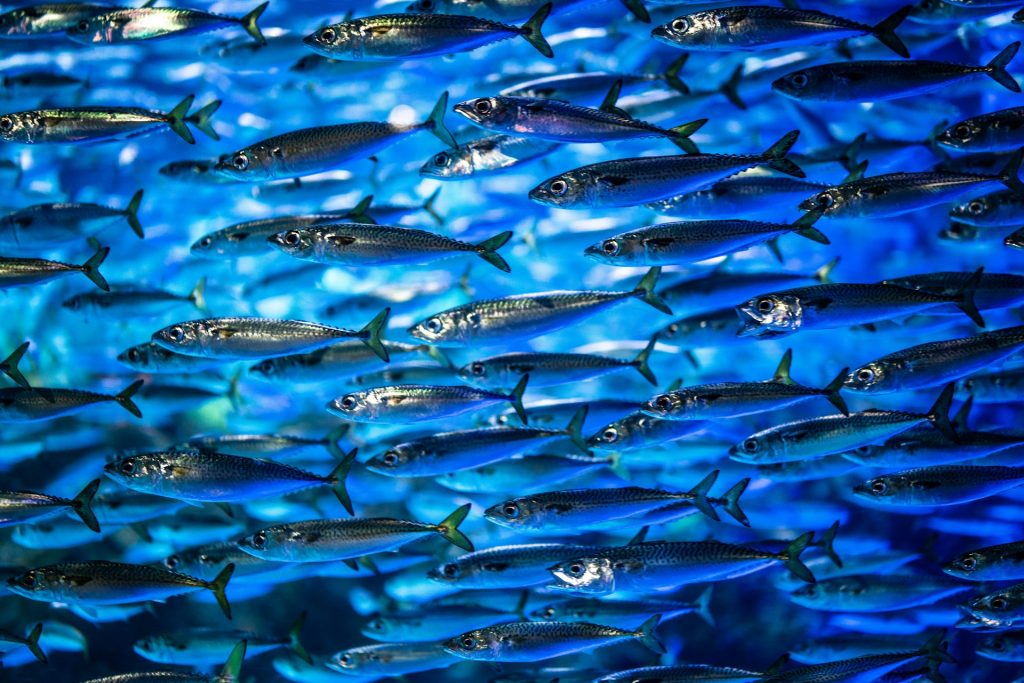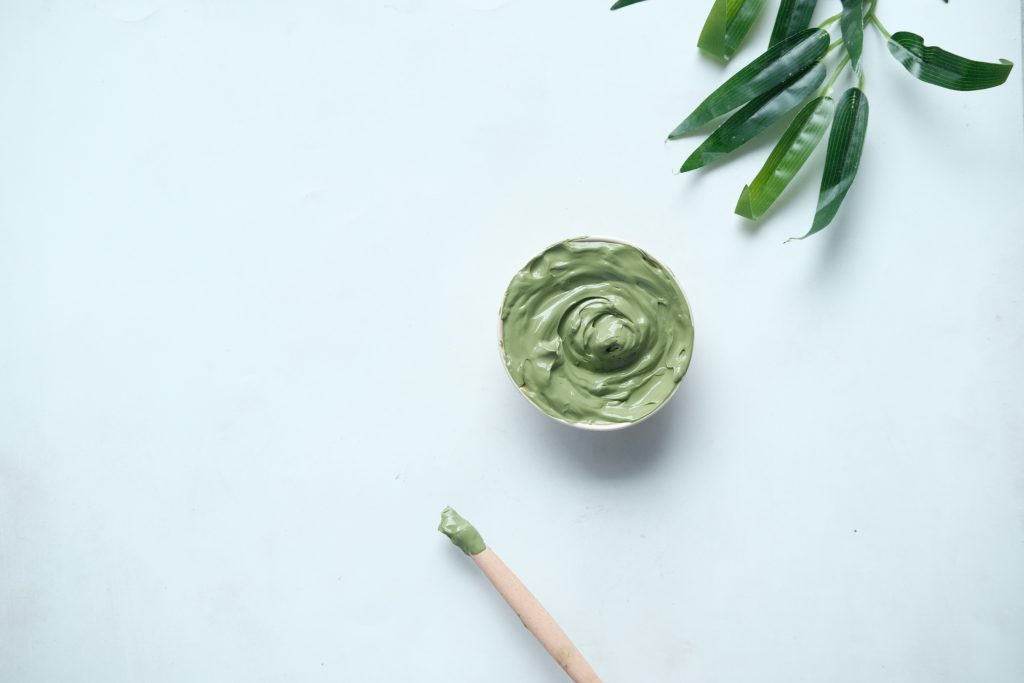Professor David J. Moore appointed Chair of Formulation Science

Particle sizing and composition analysis of cement powders

Equipment Case Study – Particle Sizing
Cryo-FIB SEM imaging of plant matter

Equipment case study – Cryo-FIB SEM
Novel framework for optimising the protection of glass screens

Case Study – Corning
Controlling friction for sustainable concrete

Controlling friction for sustainable concrete

ECFP researchers have revealed how friction between microscopic cement grains can prevent the easy flow of fresh, unset concrete. Improving our understanding of these microscale processes will guide efforts to replace cement with more sustainable substitutes.
Three new post docs join the ECFP team

Characterising a biosurfactant extracted from fish low-value by-products

Case study – Surfteic
Dr Davide Michieletto awarded for outstanding contributions to soft matter and biophysics

New PhD opportunity: Rheology and shear-induced state transitions in filled gels – anhydrous model systems
